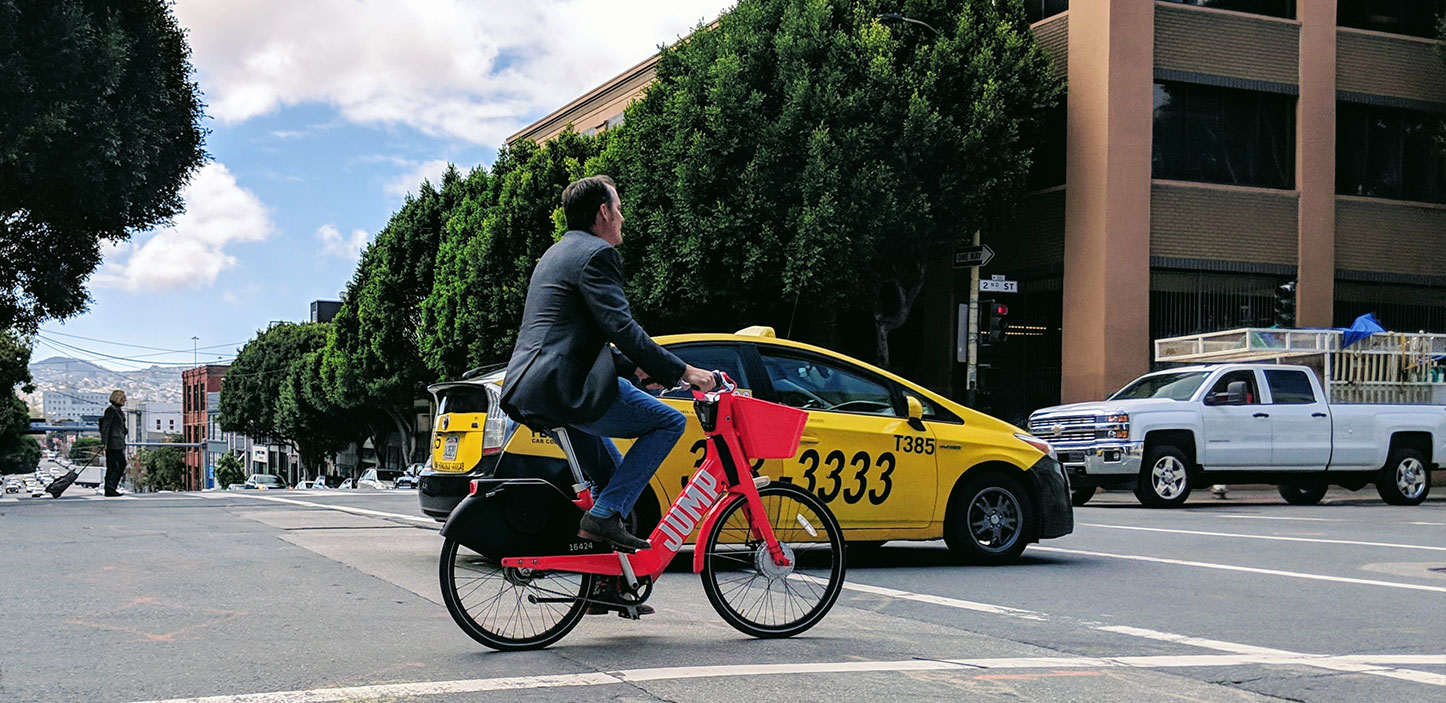Indonesia – Electric Vehicles Adaptation Target
Indonesia is among the leading nations in the ASEAN region for EV adaptability. The country has subsidized the cost of converting motorbikes to electric along with installing more charging stations & encouraging local vehicle assembly in the bid to lower prices. In Indonesia, Hyundai Motor took over Wuling Motor by selling maximum EVs in 2023 (b/w Jan-Jul’23). Hyundai Motor sold 3,913 EVs in Indonesia between January and July, already exceeding the 2,028 EVs it sold in the Southeast Asian country for all of 2022 Its market share in the Indonesian EV market jumped to 56.5 per cent in the January-July period, far higher than 19.6 per cent last year.

Singapore – Electric Vehicles Adaptation Target
Singapore targets to have an electric fleet (inclusive BEV& PHEV) hovering upto 75000 units in the low EV penetration scenario to 280,000 units in the high EV penetration scenario by 2030. The country has aggressive targets of having an EV fleet size of upto 650,000 units by 2050 in the high EV penetration scenario, while in the low EV penetration scenario it is anticipated to be 167,000 units.

Thailand – Electric Vehicles Adaptation Target
Thailand targets to produce an electric vehicle fleet of 1.4 Million by 2030 of which passenger cars holds the maximum share. Further, the country anticipates to have an operational EV fleet of 1.1 Million domestically by 2030, while plans to export nearly 400,000 units by 2030.

Thailand – Electric Vehicles Adaptation Target
Long-Term Strategy for Carbon Neutrality (LTS4CN) estimates that by 2050, electric vehicles will contribute to 70% of motorcycle sales and 40% of car and urban bus sales in Cambodia. Further, the country aims that by 2050 between 6,500 and 22,000 AC chargers (slow) and between 1,700 and 5,900 DC chargers (fast) will be required. It also suggests having one public charging point for every 38 electric cars.









